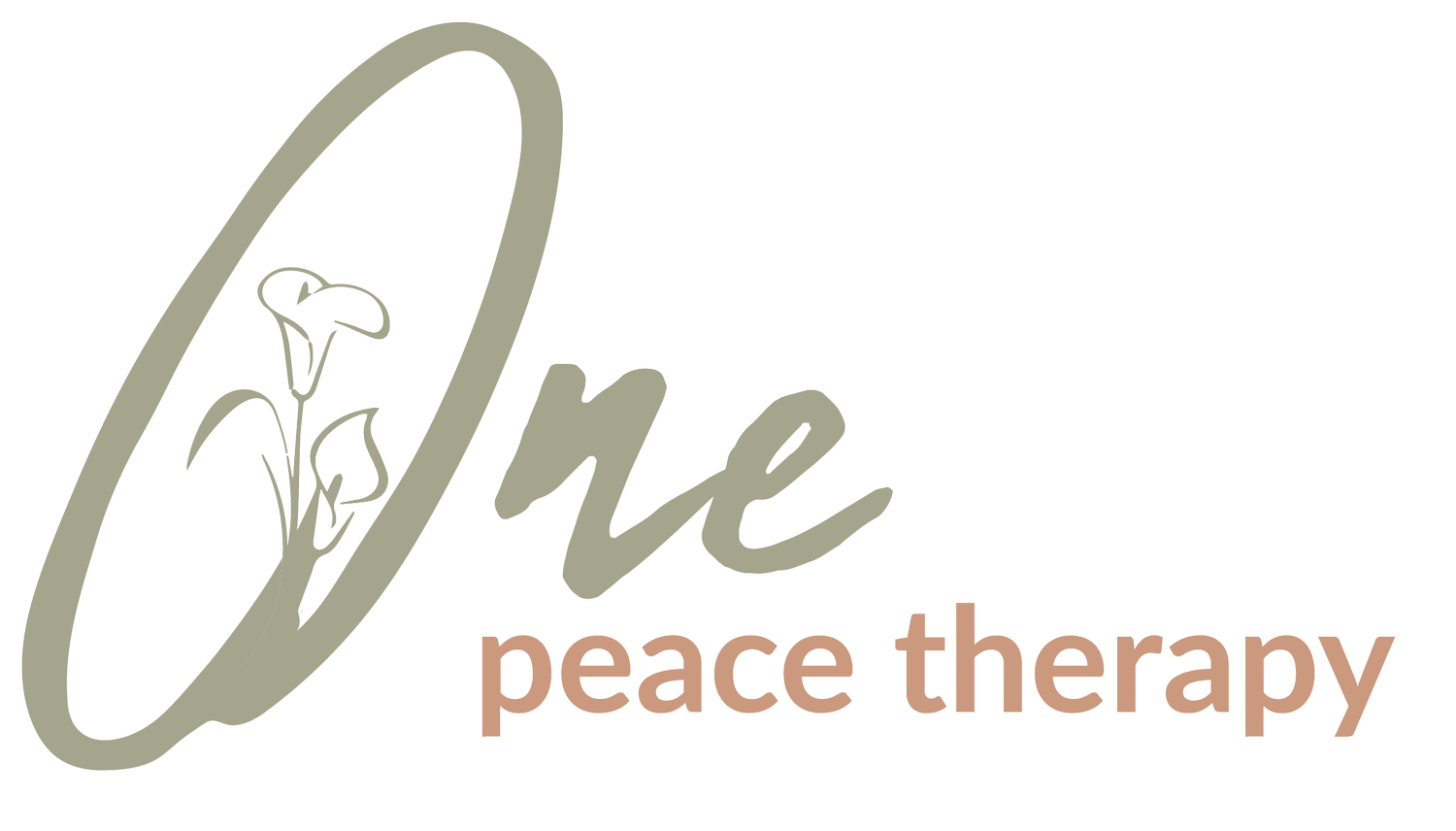World Autism Awareness Day: Understanding, Supporting, and Empowering the Autism Community
April 2nd marks World Autism Awareness Day, a time to recognize, support, and advocate for individuals on the autism spectrum. Autism is not a one-size-fits-all experience—it’s a unique and diverse neurodevelopmental condition that affects how people perceive the world, communicate, and interact.
At One Peace Therapy, we believe that understanding and embracing neurodiversity leads to a more inclusive and supportive society. Whether you’re a parent, caregiver, teacher, friend, or therapist, there are many ways to foster acceptance and empower those with autism to thrive. Let’s explore what autism means, common challenges, and how we can work together to provide meaningful support.
What is Autism? Understanding the Spectrum
Autism Spectrum Disorder (ASD) is a neurodevelopmental condition characterized by differences in social interaction, communication, and behavior. However, autism is not a "disorder" in the traditional sense—it is a natural variation in the way people think, learn, and experience the world.
Common Characteristics of Autism:
✔️ Unique Communication Styles – Some individuals may be nonverbal, while others may communicate in highly expressive ways.
✔️ Sensory Sensitivities – Sensitivity to lights, sounds, textures, or other environmental stimuli.
✔️ Strong Interests & Deep Focus – Many autistic individuals develop intense interests and excel in specific areas.
✔️ Social Differences – Difficulty with conventional social cues but often forming deep and meaningful connections in their own way.
Every autistic individual is different, and understanding their unique needs is the first step in providing meaningful support.
Supporting Autistic Individuals at Every Stage of Life
1. For Parents & Caregivers: Creating a Safe & Nurturing Environment
Parents and caregivers play a crucial role in empowering their child’s strengths and supporting their challenges.
✅ Listen & Learn – Observe your child’s needs and follow their lead. Every child communicates in their own way.
✅ Create Predictability – Routines and structure help autistic individuals feel safe and secure.
✅ Encourage Self-Expression – Whether it’s through speech, writing, art, or technology, find ways for your child to communicate comfortably.
✅ Seek Professional Support – Therapists, occupational therapists, and nutritionists can offer guidance tailored to your child’s development.
💡 Pro Tip: Consider using visual schedules or sensory-friendly spaces to reduce anxiety and support daily transitions.
2. For Teachers & Educators: Building Inclusive Classrooms
Educators play a vital role in creating an environment where autistic students feel accepted and supported.
✔️ Use Clear & Direct Communication – Avoid abstract language and provide simple, structured instructions.
✔️ Offer Sensory Breaks – Allow students to step away from overwhelming environments when needed.
✔️ Respect Different Learning Styles – Some students may learn best with hands-on activities, while others may need extra time for processing.
✔️ Encourage Peer Understanding – Promote kindness and inclusion by educating classmates about autism in a respectful way.
💡 Pro Tip: Consider using noise-canceling headphones, fidget tools, or quiet spaces to support students with sensory sensitivities.
3. For Friends & Family: Practicing Patience & Acceptance
If you have a friend or family member with autism, the best thing you can do is support them on their terms.
💙 Listen without judgment.
💙 Respect personal boundaries and communication styles.
💙 Celebrate their strengths and interests.
💙 Be an advocate for autism awareness and inclusion.
💡 Pro Tip: Instead of trying to change behaviors, meet your loved one where they are and embrace their unique way of experiencing the world.
4. For Psychotherapists & Mental Health Professionals: Providing Neurodivergent-Affirming Care
As therapists, it’s our responsibility to provide autism-friendly mental health support that recognizes and respects neurodiversity.
✔️ Avoid “Fixing” Mindsets – Autism is not something to be "cured"—focus on strengths-based support.
✔️ Adapt Therapy Approaches – Use alternative communication methods, structured sessions, and sensory-friendly techniques.
✔️ Be Trauma-Informed – Many autistic individuals experience sensory overload, social anxiety, or past misdiagnoses.
✔️ Collaborate with Care Teams – Work alongside speech therapists, occupational therapists, and nutritionists to provide comprehensive care.
At One Peace Therapy, our team of therapists specializes in supporting autistic individuals at every stage of life, empowering them to navigate mental health, identity, and self-acceptance.
The Role of Nutrition in Autism Support
Food and nutrition play an essential role in mental and physical well-being for autistic individuals.
🥑 Balanced Blood Sugar – Stabilizing energy levels can reduce mood swings and irritability.
🌿 Gut-Brain Connection – A healthy gut supports cognitive function and emotional regulation.
💧 Hydration & Sensory Sensitivities – Some autistic individuals struggle with textures or certain food preferences—finding the right balance is key.
💡 Pro Tip: Work with a nutritionist who understands autism to create personalized meal plans that respect sensory preferences while meeting nutritional needs.
Moving Forward Together: Advocacy & Acceptance
Autism awareness goes beyond just one day—it’s about creating a world where autistic individuals feel valued, respected, and supported every day.
How You Can Make a Difference:
✅ Educate yourself & others about autism.
✅ Advocate for inclusive schools, workplaces, and communities.
✅ Support autistic voices & organizations.
✅ Encourage neurodivergent-affirming mental health care.
At One Peace Therapy, we are committed to providing compassionate, specialized support for autistic individuals, their families, and caregivers. Whether through therapy, nutritional guidance, or holistic care, we walk with you every step of the way.
🌟 Together, we can create a world where every autistic individual feels seen, understood, and empowered. 💙
Need support? Contact us today to learn how we can help!

